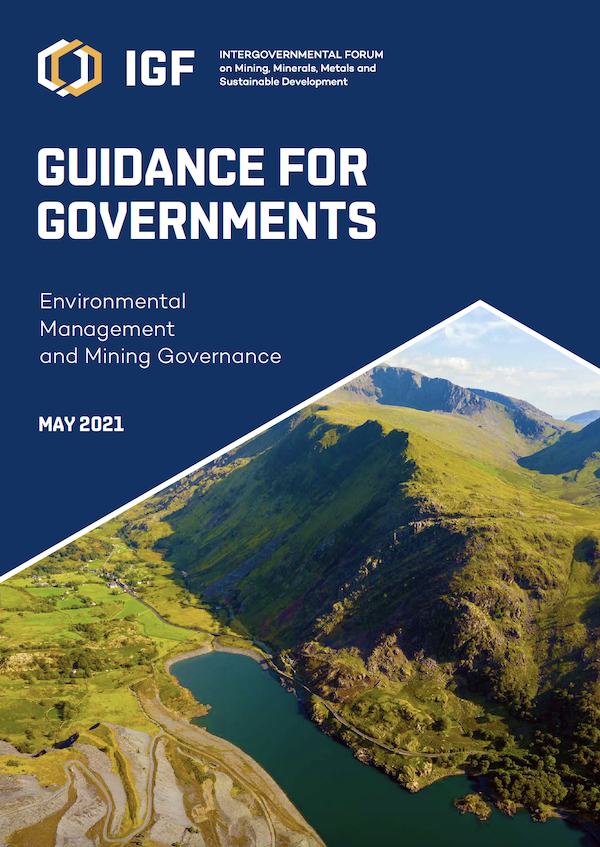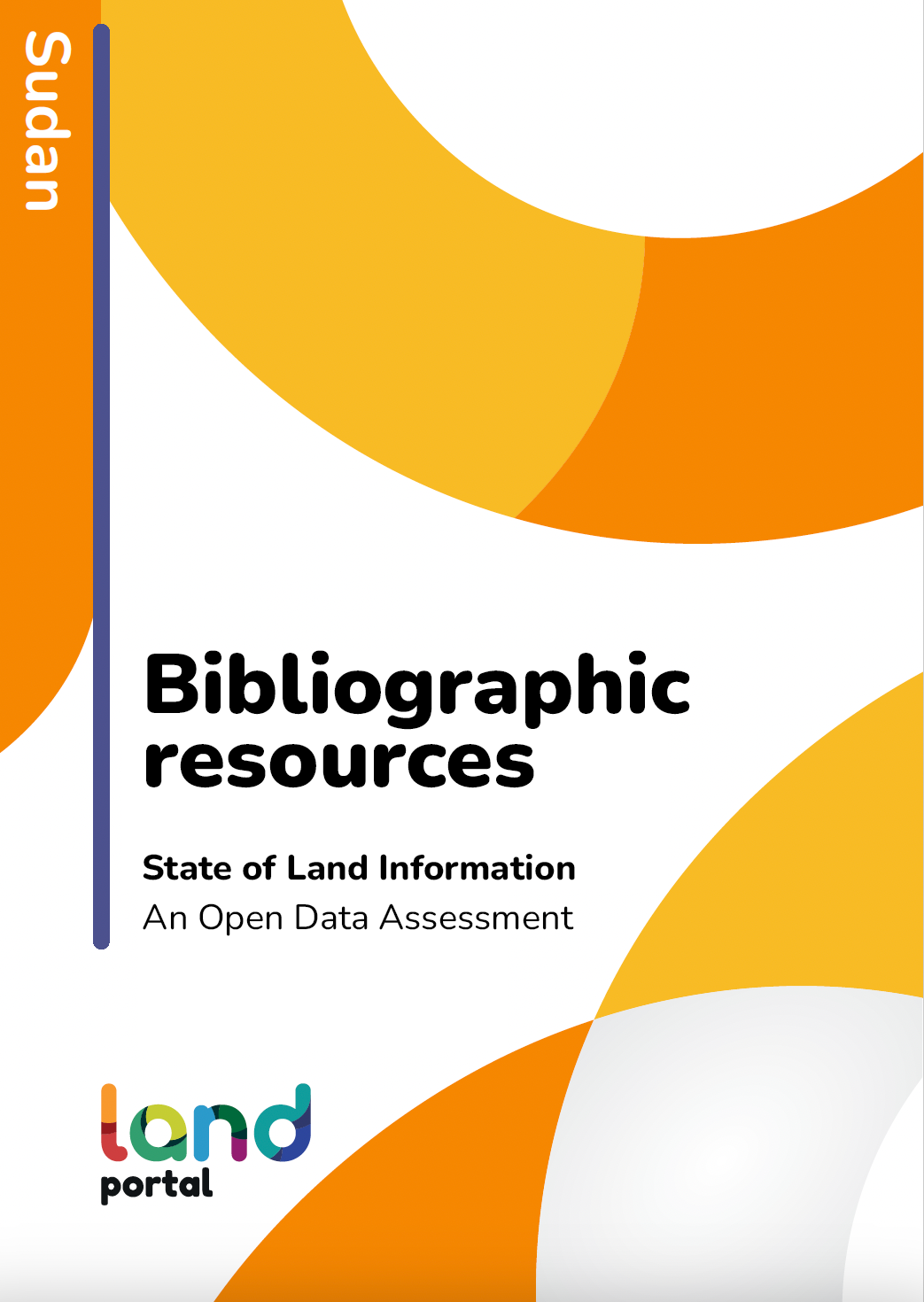Modeling of water availability for food system transformation in Upper Offin Sub-basin and Mankran Micro-watershed of Ghana: a baseline study
The increasing population and changes in the climate in Africa demand a more sustainable approach to water usage for improved food and water security in the region. One of the key users of water, agriculture serves as the primary livelihood in Ghana, with a growing focus on cocoa production. To effectively implement sustainable water management strategies, it becomes imperative to conduct hydrological studies, including water balance components and water quality at sub-national and watershed scales. This would assist decision-makers in the proper planning and interventions for agriculture.



